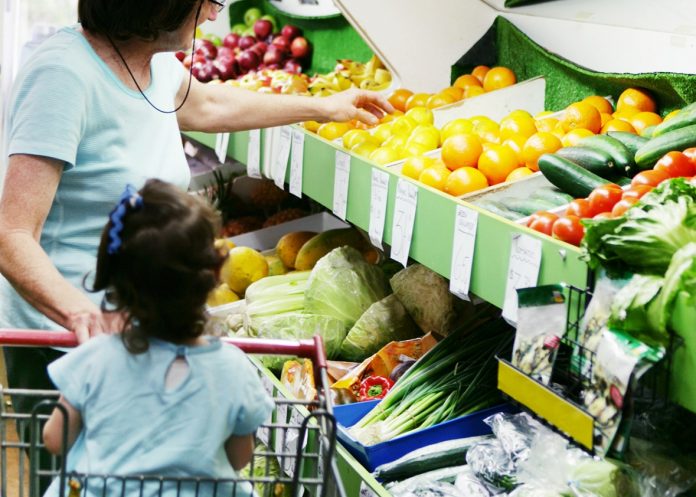Toddlers’ obesity rates dropped when food voucher program became more nutritious: study
Significant changes that made a federal food voucher program more nutritious for low-income families and children resulted in reducing the risk of obesity among 4-year-old children who had been part of the program since infancy, according to a new study.
The study published Tuesday (April 23) in the American Journal of Clinical Nutrition is among the first to look at the impact of the food package changes made by the Special Supplemental Nutrition Program for Women, Infants and Children (WIC) in 2009 on obesity rates among children participating in the program.
WIC food packages provide supplemental foods designed to meet the nutritional needs of low-income pregnant, breast-feeding, non-breastfeeding women, infants, and children up to five years of age. In 2009, the WIC food package changed significantly to provide more nutritious options to beneficiaries. Some of the changes include the addition of fruits, vegetables, and whole grains; and a reduction in the amount of milk, juice, cheese, and eggs offered.
“Our results suggest that changes in children’s diet early in life could have a positive effect on their growth and reduce obesity risk, which would be informative for policymakers considering further improvements to the WIC program,” said Pia Chaparro, assistant professor of nutrition at Tulane University School of Public Health and Tropical Medicine.
Her team and researchers with the University of California Los Angeles School of Public Health, worked with Los Angeles-based health program PHFE WIC, to examine health and population data from more than 180,000 children in the WIC program in Los Angeles County. They examined data from 2013-2016 for four groups of children: those who received a full dose of the new food package continuously from birth to age 4; those who participated in the old food package continuously up until age 4; those who started at age 2 and participated until age 4 in the new food package; and those who started at age 2 until age four in the old food package.









